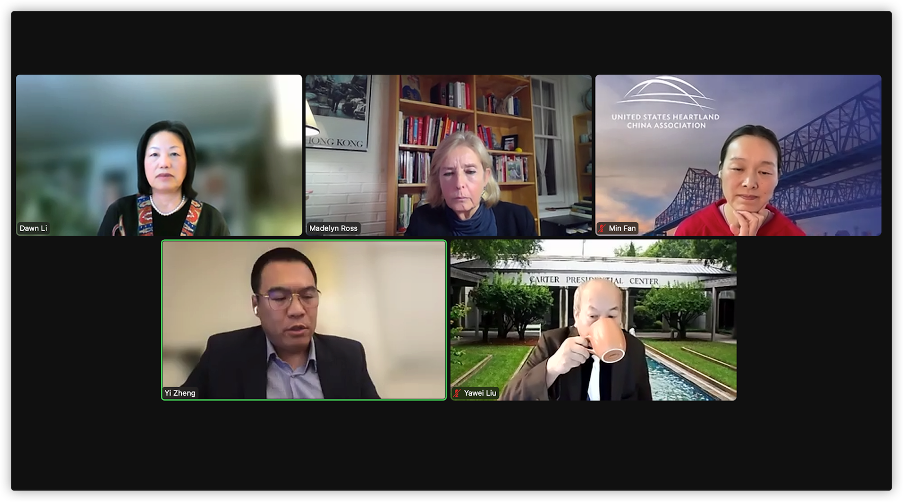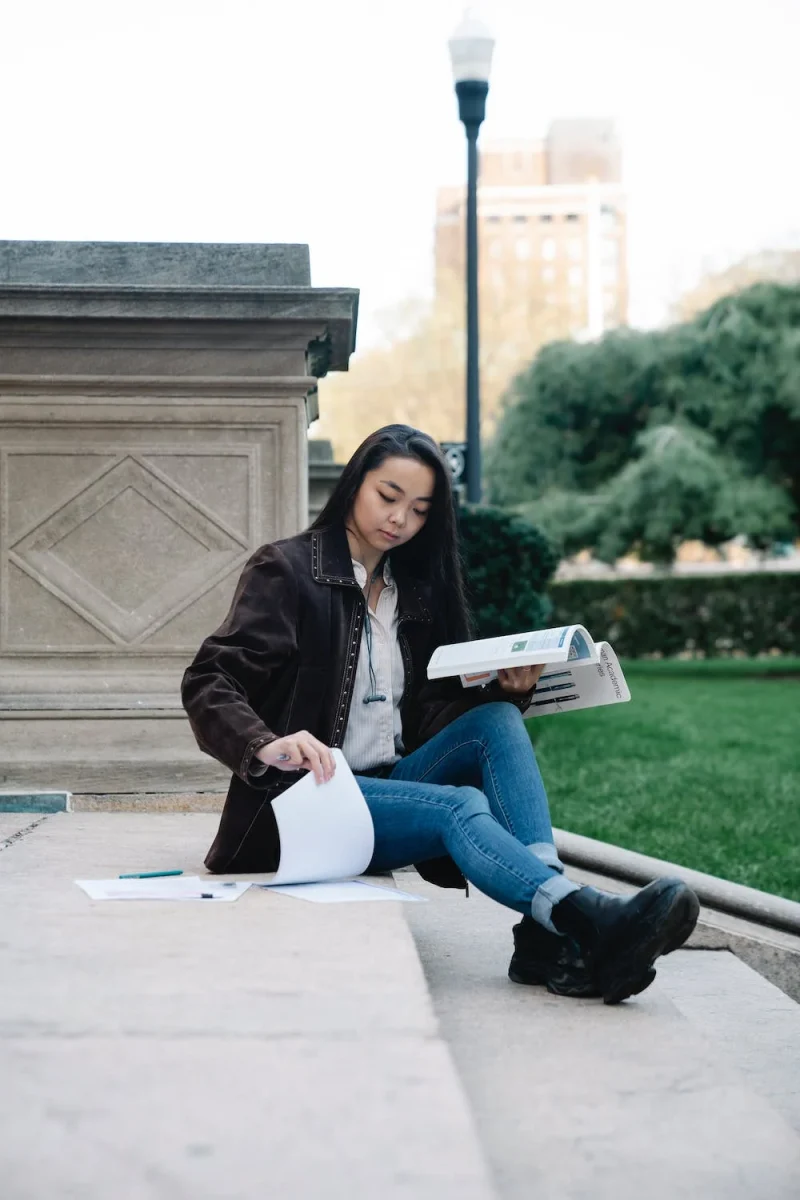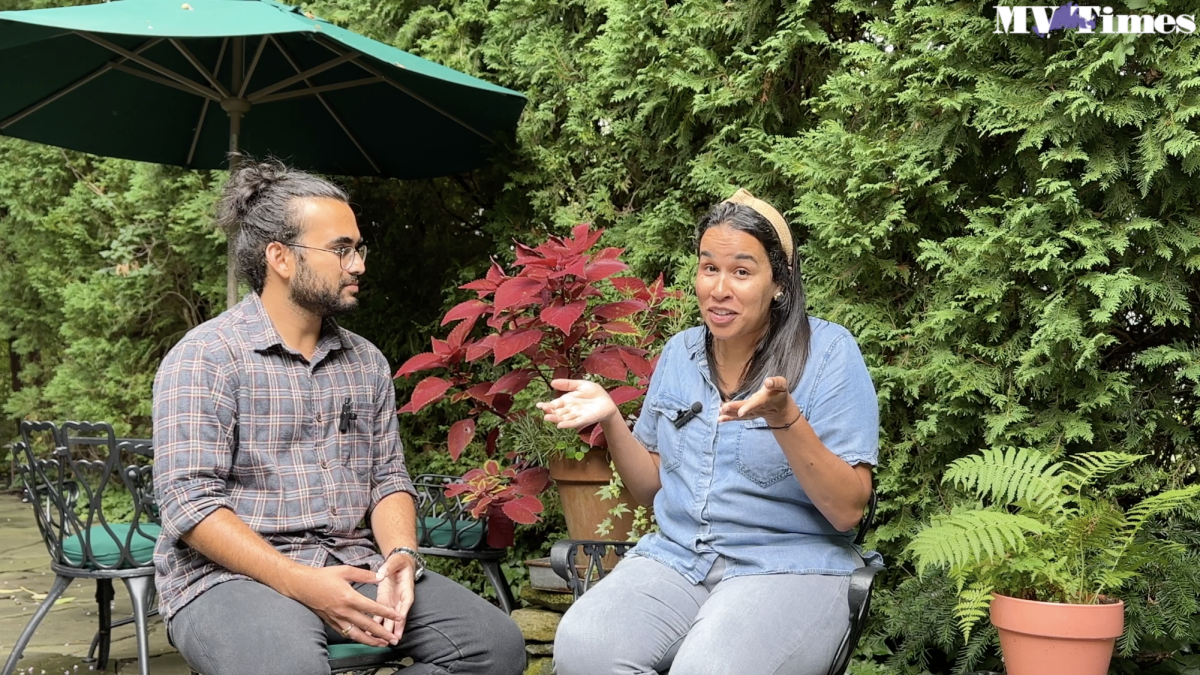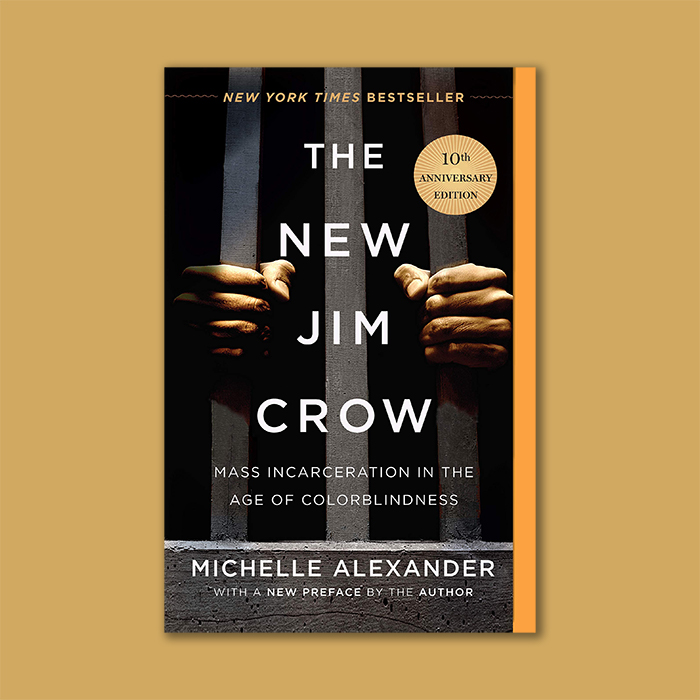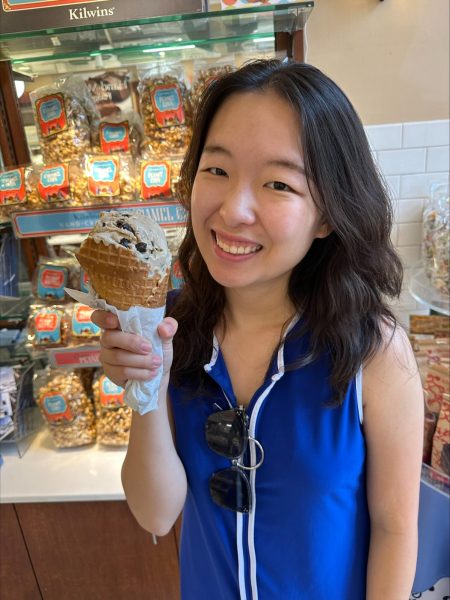Yawei Liu was left with only $50 in his pocket after paying his tuition, fees, and rent when he first came to the United States in 1987.
“I went through the Cultural Revolution in China,” said Liu, the director of the China Program at The Carter Center. Liu was part of the very first batch of Chinese students to study abroad in the U.S. after China’s reform and opening up in the 1980s. “I remember one day I woke up and heard from the radio that China had normalized relations with the U.S.,” he said. ”We were shocked because we were educated that the U.S. is an evil country.”
Three million Chinese students have studied in the U.S. in the past 40 years after the reform, according to the U.S.-China Relationship Trust, an organization with a mission to promote the relationship between China and the U.S. through higher education. With the economic surge in China, Liu believes that most Chinese students may not have to face the financial pressure that he faced 35 years ago. However, new challenges for Chinese students have also emerged.
U.S.-China Relationship Trust hosted an online event to discuss the role of Chinese students in America with four panelists – including Liu – who came to the U.S. in different periods of time.
Dawn Li graduated from Wuhan University in the 80s and worked as an English teacher at Beijing University. Li came to the U.S. initially for her doctorate in English in 1990 but soon realized that her interests lay elsewhere. She enrolled in a master’s program in management information systems during the last two year of her doctoral program. Then She founded a tech company, Data and Analytic Solutions, in 2001.
Min Fan graduated from Tsinghua University with a bachelor’s degree in information management. Fan discovered her interest in art during college and convinced her parents to support her art education in America. She came to the U.S. in 1994 and worked in a large multinational technology company and eventually founded the US Heartland China Association in 2019.
Yi Zheng is an associate professor at Northeastern University, teaching mechanical and industrial engineering. Zheng graduated from Columbia University with his doctorate, specializing in heat transfer in 2014.
The panel addressed several questions put forth by Madelyn Ross, president of the U.S.-China Relationship Trust and also the moderator of the event. Questions and responses have been edited for clarity.
The number of Chinese students studying in the U.S. has dropped after Covid-19 due to concerns such as gun violence and America being less welcoming. Do you still encourage Chinese students to study there?
Zheng: 70% of students came to the U.S. after graduating from Tsinghua University, the top university in China, when I was at Tsinghua. The number may have dropped now. However, I still encourage Chinese students to come to the U.S. because the U.S. is still leading in many fields, such as data science and machine learning.
Liu: There are problems in the U.S. like gun violence and Asian hate. But despite all the problems, I think the U.S. is still the best place for education, especially for professional training, compared to European countries. The majority of Americans, especially in colleges, are very helpful and welcoming. They offer a good study environment for Chinese students.
Many Chinese students still stick together in the U.S. and have a hard time fitting in or making local friends. Why is this and how can we help them?
Li: I was an English teacher back in China, but I still felt language barriers when I just came. I forced myself to ask at least one question in every class and workshop. That is helpful.
Fan: I believe the study abroad industry for Chinese students in China also causes them to live in a small Chinese bubble, even when they are in the U.S. Many parents only care about the ranking of universities and hire advisors to take care of their children’s living and studying.
Under that pressure, many students cannot truly enjoy their life in the U.S. and engage with American students. Instead, they only study and stay within the Chinese community.
Some Americans worry that Chinese students who receive training here and then return to China may benefit from the CPP. What are your thoughts on that?
Ross: The return rate among Chinese students is high because more undergraduate students are studying in the U.S., which has diluted the total number. However, the rate of graduated students remaining in the U.S. is actually very high.
Li: Some of my friends who are already citizens or green card holders chose to return to China because of family. People of my age have parents in their 80s.
Fan: I have met many students who want to stay in the U.S. but they cannot because of visas. A lot of them return to China not by choice but because of the limitation of status.
Liu: I think the Chinese government should think about why many young students want to stay in the U.S. From the U.S. perspective, once Chinese students settle down and start working here, the U.S. has gained more from them.
In addition to the above, the panel briefly discussed about the emerging challenges from their latest surveys. For example, with the relationship between China and the U.S. becoming tense, some Chinese students feel pressure from Americans who expect them to critique the Chinese government while the Chinese community wants them to show loyalty to the party.
At the end of the discussion, Ross emphasized that Chinese students studying in the U.S. not only benefits themselves but also opens a window and contributes to the relationship between China and the U.S. within the past 40 years.

